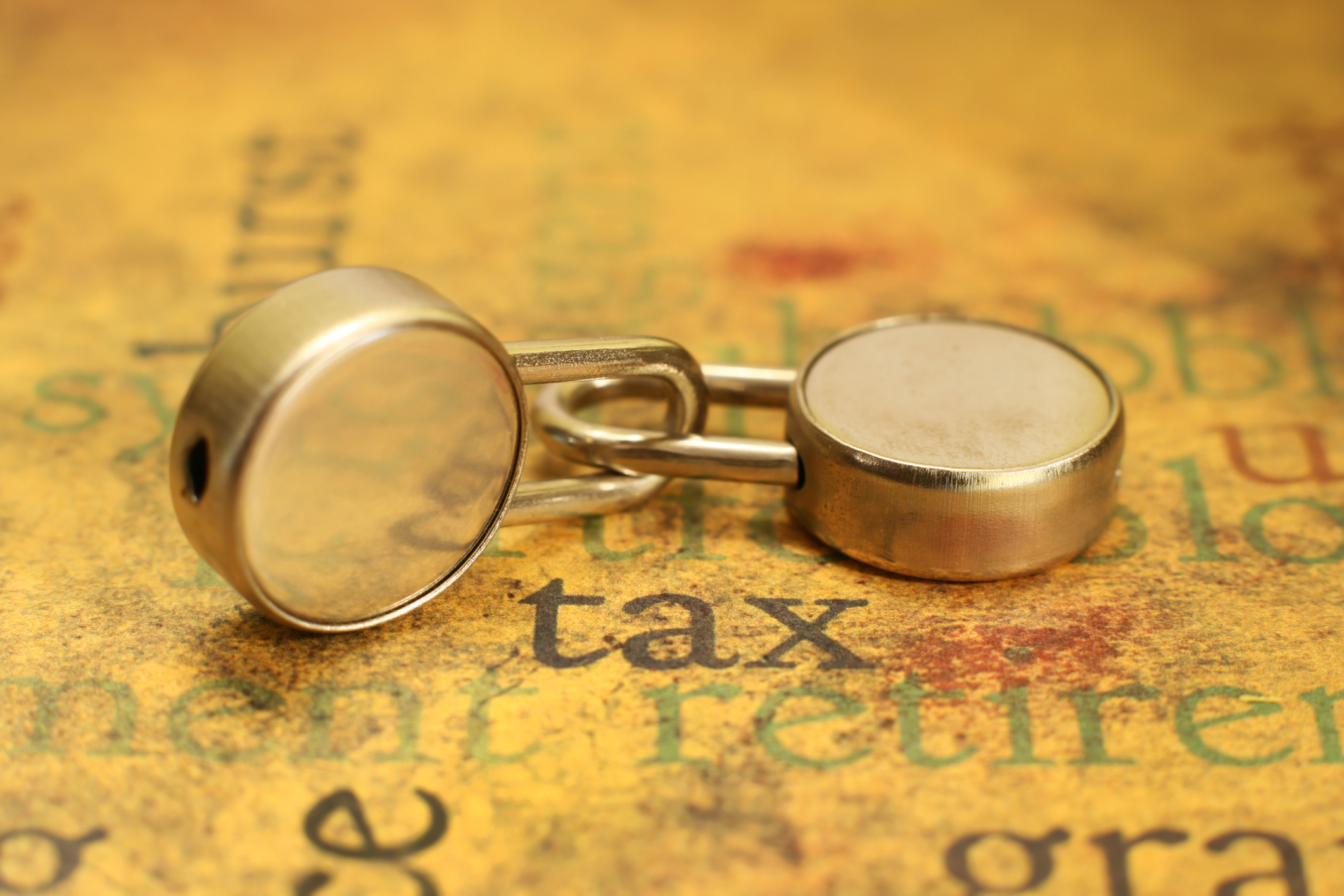Investing
UBS Highlights Top Tax-Free Closed-End Municipal Bond Funds to Own (NUV, NXR, NXQ, NCA, NNY, UBS)
Published:
Last Updated:
The great debate over the budget and reducing the gigantic U.S. deficit continues to dominate the network, cable, print and Internet news outlets. The Democrat-controlled Senate passed a budget for the first time in four years. It immediately called for $100 billion in infrastructure spending. A subject we have covered in great detail, and UBS offered a tie into the infrastructure sector.
To help pay for these new budget commitments, the Senate is again looking to raise new revenues through tax hikes. This game plan does not sit well with the Republican-controlled House. They not only are unwilling to raise tax rates again, they are unwilling to eliminate additional so-called loopholes at this time. One of those loopholes is the tax-free status of municipal bonds.
One of the best way for investors to own a basket of municipal bonds is through closed-end funds. Not only do they provide diversity by owning large portfolios of different bonds, they generally pay investors tax-free income on a monthly basis. The fixed income team at UBS A.G. (NYSE: UBS) has scoured the municipal fund universe, and have five top names from closed-end fund giant Nuveen rated as funds to buy.
UBS has screened for nonleveraged funds that are trading at or below their net asset value (NAV). These are the closed-end funds to buy.
Nuveen Muni Value Fund (NYSE: NUV) is trading at a slight discount to its $10.31 NAV, and this fund pays an annual dividend of $0.44. This translates to a current 4.35% tax-free yield paid to investors monthly.
The Nuveen Select Tax-Free Income Portfolio 3 (NYSE: NXR) makes the UBS list. Trading at a solid 3% discount to its $14.94 NAV, the fund pays a yearly $0.63 dividend. This provides investors a 4.37% tax-free yield paid monthly.
Nuveen Select Tax-Free Income Portfolio 2 (NYSE: NXQ) is also on board. It trades at close to a 3% discount from its listed $14.37 NAV, and investors are paid a $0.63 annual dividend. This equals a solid 4.52% tax-free yield also paid monthly.
For investors living in California and looking to avoid federal and state income taxes, the UBS team recommends the Nuveen California Muni Value Fund (NYSE: NCA). It trades at a 2.5% discount to the funds $10.38 NAV. Investors receive a $0.47 annually, which translates to a 4.63% tax-free monthly dividend for investors. When California state income tax is figured in, the tax-exempt percentage may be even higher for investors if they are residents of that state.
Investors in the state of New York may want to look at the Nuveen New York Municipal Value Fund (NYSE: NNY). It trades at a very slight discount to the funds $10.26 NAV, and investors are paid a $0.40 annual dividend. This equals a 3.879% annualized yield. Again, taking into consideration state and local New York taxes, the tax-free return may be considerably higher.
There are also two key municipal bond exchange-traded funds (ETFs), although these are presented as alternatives to the closed-end funds, as many investors have turned more to ETFs over the old closed-end fund structure. One is the iShares S&P National AMT-Free Muni Bond (NYSEMKT: MUB), with a 2.83% yield before adjusting for after-tax equivalents. It trades about 250,000 shares per day. At $110.17, it has a 52-week range of $107.95 to $114.52. Another muni-ETF is the PIMCO Intermediate Municipal Bond ETF (NYSEMKT: MUNI), with about a 2.14% yield before adjusting for the tax basis. Unfortunately it trades only about 30,000 shares per day. It has also slid with the muni market, as the price of $54.12 compares to a 52-week range of $53.59 to $57.47. The iShares version has been around since 2007, but the PIMCO version is still very new.
Overly zealous politicians may again try to remove the tax-free status of municipal bonds. At some point they may even achieve that goal on the super wealthy — say, people making more than $5 million per year. However, this is a very sore subject with states, counties and municipalities, as any change in tax status may raise their borrowing costs. With many states and cities struggling to pay their bills, this change does not look imminent.
Let’s face it: If your money is just sitting in a checking account, you’re losing value every single day. With most checking accounts offering little to no interest, the cash you worked so hard to save is gradually being eroded by inflation.
However, by moving that money into a high-yield savings account, you can put your cash to work, growing steadily with little to no effort on your part. In just a few clicks, you can set up a high-yield savings account and start earning interest immediately.
There are plenty of reputable banks and online platforms that offer competitive rates, and many of them come with zero fees and no minimum balance requirements. Click here to see if you’re earning the best possible rate on your money!
Thank you for reading! Have some feedback for us?
Contact the 24/7 Wall St. editorial team.